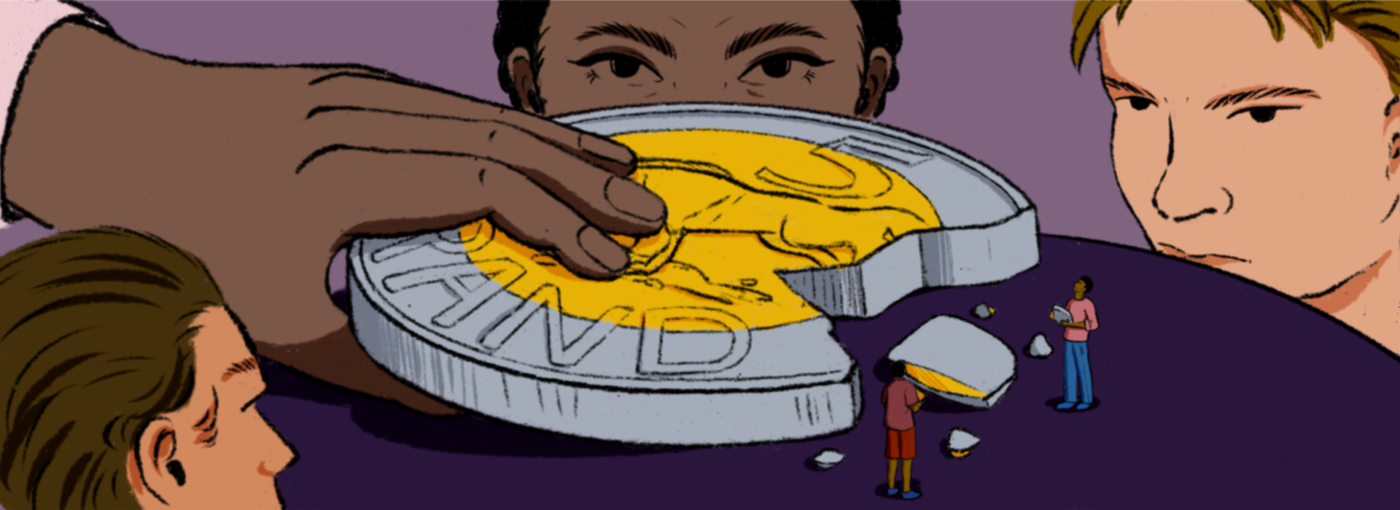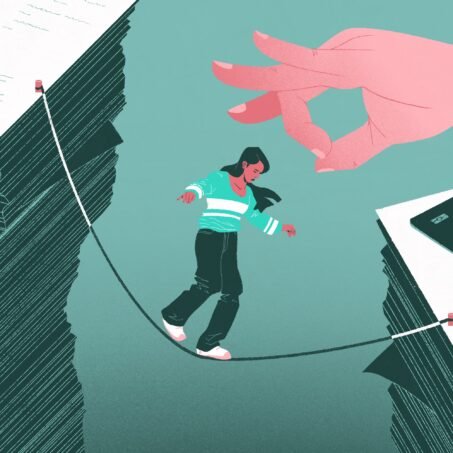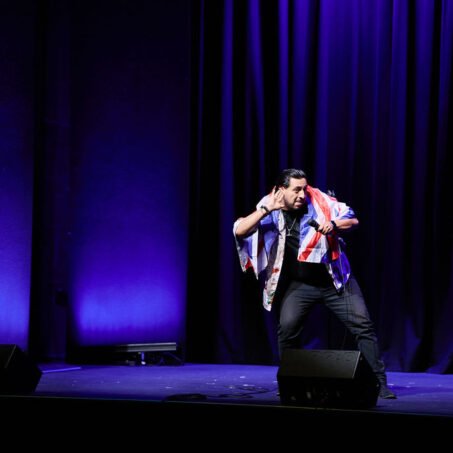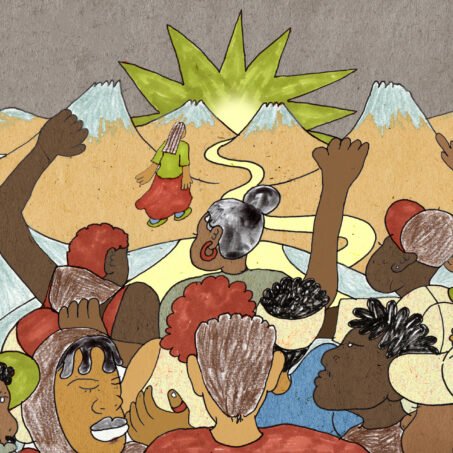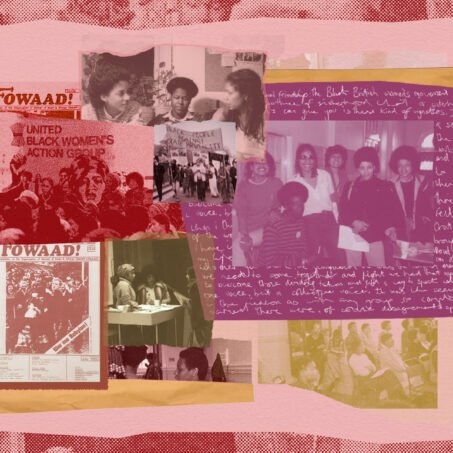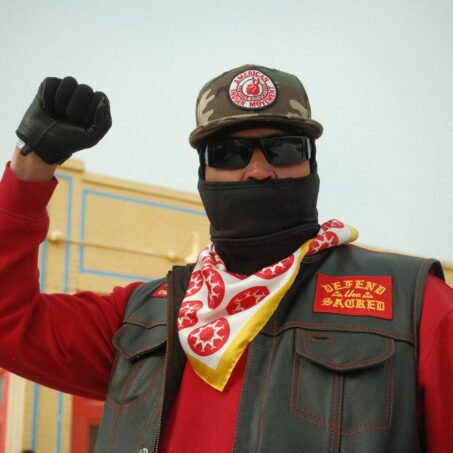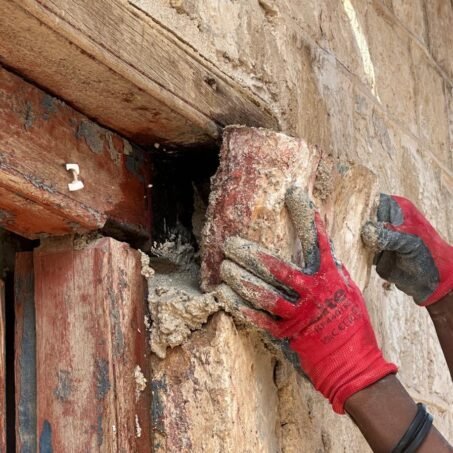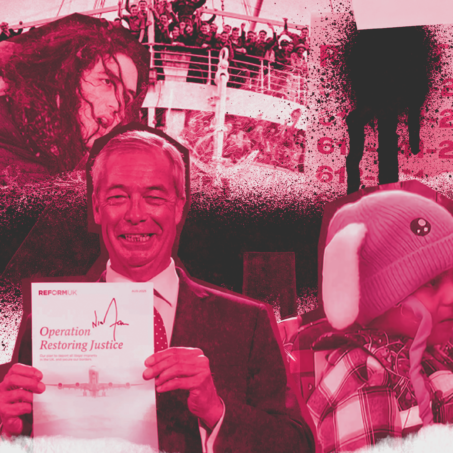With unemployment rates reaching an unprecedented 33.9% in the second quarter of 2022, South Africa is fast approaching a boiling point of socio-economic insecurity.
Resources that are available to the state are grossly mismanaged and the Auditor-General’s latest report shows that only 16% of the 257 national municipalities received clean audits for 2021. This exposes the widespread systematic corruption which caused an inquiry by this government body to assess how state resources were being misappropriated.
Yet, instead of taking accountability for the economic problems plaguing the country, some government officials and prominent politicians have chosen to scapegoat migrants for the multiple social ills confronting South Africa.
Specifically, they are advancing the unfounded and racist claim that migrants are responsible for the rising unemployment and crime rates. The Minister of Transport, Fikile Mbalula, was quoted by Genocide Watch saying: “The business of spaza [corner shops] that used to belong to our people have been taken over by Pakistanis. They can no longer survive and have no option but to surrender.” The racism from the top down, therefore, is apparent.
Background of current wave of xenophobic tension
It’s safe to say that South Africa is no stranger to racism. However, the government’s renewed enthusiasm to side-step fiscal surveillance by scapegoating migrants is whipping up the public’s xenophobia.
The latest example of the political blame-game was recently exemplified by South Africa’s Minister of Home Affairs, Dr. Aaron Motsoaledi, who announced that Zimbabwe Exemption Permits (ZEPs) would be terminated at the end of this year.
These permits had been initially issued in response to the 2008 political crisis in Zimbabwe that caused a high number of undocumented Zimbabweans to migrate to South Africa. Essentially, a ZEP doubles up as a work and residence visa; according to Business Live, a reported 178,000 Zimbabweans are on these permits.
Motsoaledi’s move has been widely criticised as a government strategy to appease the jobless South Africans by claiming that immigrants are taking the citizens’ jobs.
Jumping on the bandwagon, the former Premier of Kwa-Zulu Natal, Sihle Zikalala stated: “We are saying the government must reserve general employment for the people of South Africa.”
As shown with the discontinuation of ZEPs, politicians are peddling the tired and untrue ‘migrants are stealing your jobs’ narrative. In fact, migrants constitute a mere 7.2% of the country’s population.
Spurred on by xenophobic laws, some civilians view it as their ‘duty’ to ‘help’ the government tackle the ‘problem’ and are organising themselves into vigilante groups to harass and threaten migrants. One of the most prominent groups is Operation Dudula, whose members are fixated on identifying and criminalising so-called ‘illegal’ immigrants.
Operation Dudula’s notable first appearance on the South African landscape occurred in June 2021 when they marched in Soweto, Johannesburg, targeting persons suspected as immigrant drug traffickers and rallying against businesses that employ immigrants. And these actions have undeniably devastating consequences: as recently as 7 April this year, Politics Web covered the story of a Zimbabwean national, Elvis Nyathi, who was burnt to death in a hate crime by a racist mob in Diepsloot, Johannesburg.
Unequivocal defence of human rights
But thankfully, it’s not just nationalistic groups that are gaining traction. While the traditional mainstay defenders of human rights have done little to nothing in reaction to the latest victimisation of migrants, grassroots organisations such as Kopanang Africa Against Xenophobia (KAAX) are raising the voice of reason by fighting for human rights.
I was privileged to interview KAAX’s spokesperson, Dr. Dale McKinley, who provided profound insights about their activism. He detailed some of the challenges confronting KAAX, including death threats, and how social media is playing a crucial role in shaping public opinion.
KAAX, which identifies as “a movement of organisations united against xenophobia and in solidarity with our African siblings,” was formed a little over half a year ago. I ask Dr. McKinley whether it was in response to Operation Dudula’s rise, but he says they weren’t the cause, but rather the final straw. “It was the accumulation of what we began to see last year, with the targeting of certain foreign-owned spaza shops,” he explains. “After this, the number of violent acts increased and with them, the hate speech and xenophobic rhetoric on social media continued to target foreign nationals.”
Dr. McKinley cited a few instances where influential officials made reckless statements about immigrants. “In the aftermath of the murder of Elvis Nyathi, the ministers of police and home affairs jointly hosted press briefings, effectively implying that immigrants were responsible for the rise in criminal activities,” he says. Seeing that the government was gaining political mileage by blaming immigrants, other political parties like Action SA and Patriotic Alliance joined the fray.
Gayton McKenzie of the Patriotic Alliance went a step further, going viral on social media after declaring that he would unplug oxygen supply to a non-South African to save a South African. At about the same time, the Member of the Executive Council of Health in Limpopo Province, Phophi Ramathuba, was recorded in a lengthy video condescendingly berating a Zimbabwean patient for straining the health system by seeking treatment in South Africa.
It goes without saying that KAAX, who focuses on upholding and advocating for the observance of human rights, condemns such irresponsible incitements peddled in the public sphere.
Challenges in confronting xenophobia
Dr. McKinley gave a deeply moving account regarding the challenges KAAX faces, both as an organisation and for the individual. “Many members have been targeted,” he shares, “whether they are migrants or native South Africans, they’re vulnerable.”
Even a step forward for the KAAX is often followed by setbacks. The group overturned the ruling imposed on it by the Johannsburg Metro Police Depatment and embarked on a city-wide march against xenophobia.

Join our mailing list
Sign up for shado's picks of the week! Dropping in your inbox every Friday, we share news from inside shado + out, plus job listings, event recommendations and actions ✊
Sign up for shado's picks of the week! Dropping in your inbox every Friday, we share news from inside shado + out, plus job listings, event recommendations and actions ✊
An estimated 1000 KAAX coalition members marched through Johannesburg CBD. They called for the resignation of Motsoaledi, holding banners reading “Stop xenophobia” and “Against xenophobic violence.”
However, this success also came with notoriety and the group faced increased security threats in the aftermath. Dr Mckinley says: “myself and five other members were targeted on social media. We were issued with death threats; we were told they were going to attack us.”
Personal security is therefore a big challenge for the members of his fledgling organisation. Operation Dudula and other racist organisations have actually infiltrated their WhatsApp groups. “So security is a big challenge,” says Dr Mckinley.
As new as KAAX is, it has already begun to attract its enemies – and it’s not just xenophobic groups they face threats from. They are burgeoned by the same government officials who spurred them on in the first place.
“The approach of the government, particularly the Department of Home Affairs and the police, is simply to try to be dismissive,” says Dr. McKinley. Motsoaledi laughed off KAAX’s call for his removal from office, calling into question the organisation’s right to even hold an opinion on South African politics given that they “harbour those from other countries.”
When the government isn’t dismissive, it is aggressive. Dr. McKinley decries “the use of state machinery,” as he tells me about the stepped-up police raids in central Johannesburg following the march. Police, home affairs officials and groups like Operation Dudula have recently doubled down in their efforts to raid foreign-owned businesses in central Johannesburg. This is where we see all contingents of aggressors towards KAXX working in unison: in challenging them, KAAX faces a Goliath task.
While the state officially claims there is no xenophobia in South Africa, what happens on the ground tells a different story. As much as the police promise to investigate incidences of xenophobia, there is hardly any justice delivered to the victims. Dr. McKinley laments that nationality has become the latest test for existence in South Africa as police unashamedly sympathise with Operation Dudula.
Forging ahead
In spite of the challenges they face, when I ask Dr. Mckinley what the future looks like for the organisation, he enthusiastically expresses their intention to contest public opinion and continue to fight against unfounded xenophobia.
He also pledges to carry on providing practical solidarity support to victims of xenophobia. Beyond that, he says: “KAAX is engaged in pushing back against the recently passed legislation against foreigners, which unfairly reserves jobs for South Africans.” Ultimately, KAAX aims to create a unifying space where society can expressly distance itself from prejudices against foreigners.
There is no denying that KAAX has a long way to go. What matters is that it has made the first step. Following the symbolic overturning of the ban on their march, I trust that they keep believing that all adversity is there to be conquered and that even the seemingly invincible Operation Dudula can be aligned with the voice of reason. Only such a consistent belief will result in humanity marching for the cause of humanity, even beyond the borders of South Africa.
What can you do?
- Read:
- Support:
- Learn more about Xenophobia in South Africa, Gift of the Givers


